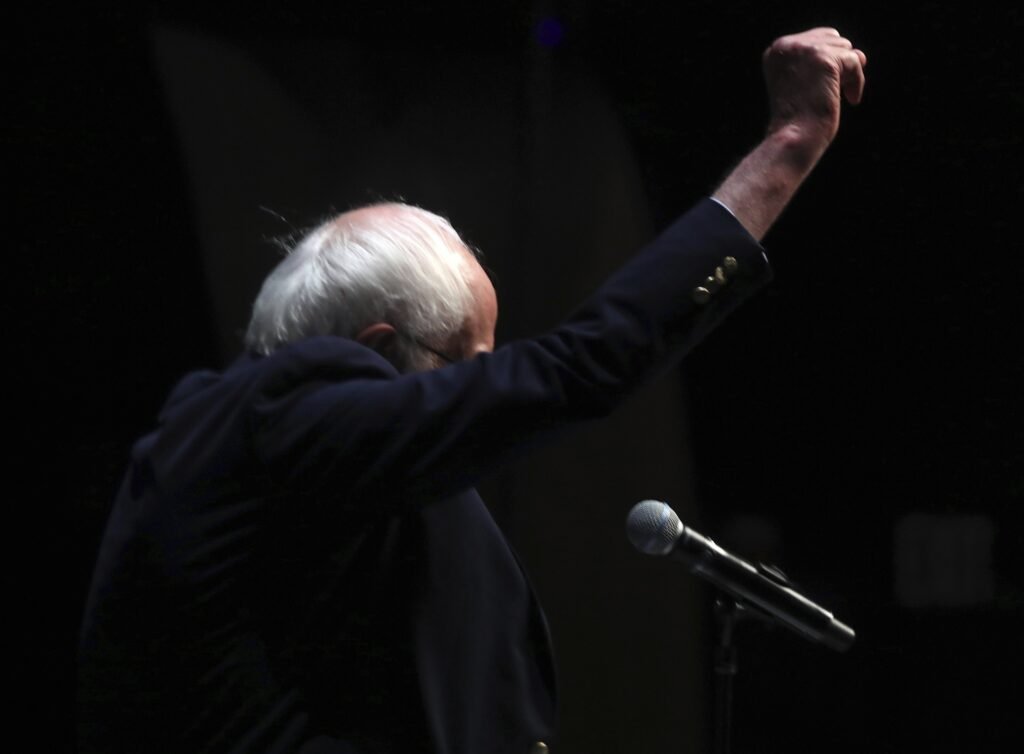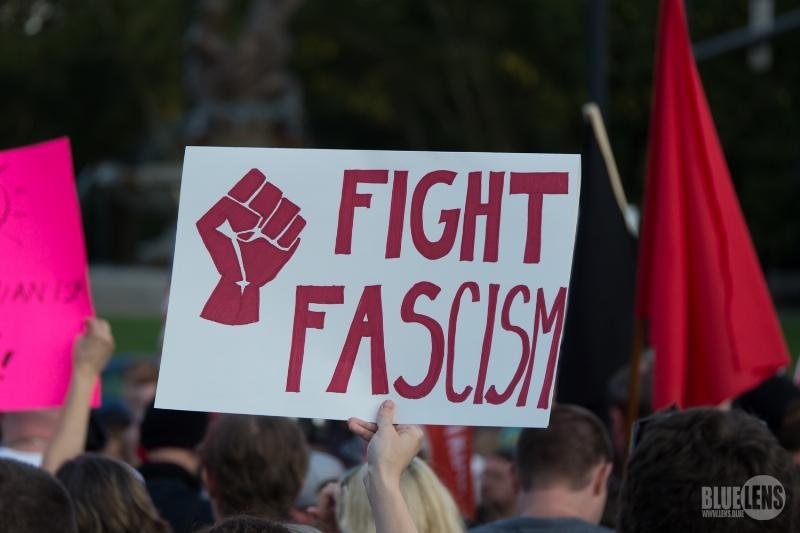Now Reading: The U.S. Supreme Court has permitted the Trump administration to cancel $4 billion in foreign aid
-
01
The U.S. Supreme Court has permitted the Trump administration to cancel $4 billion in foreign aid
The U.S. Supreme Court has permitted the Trump administration to cancel $4 billion in foreign aid

Article Summary
The ruling marks a significant win for the administration, emphasizing President Trump’s “America First” foreign policy. In response to the decision, the Department of State celebrated it as a victory, particularly for Secretary of State Marco Rubio, highlighting the administration’s focus on reducing what it describes as “wasteful, woke, and weaponized” foreign assistance spending. The use of Twitter to publicize this decision indicates a strategic communication effort to rally support for their policies from both the public and Congress.
The legal basis for this ruling stems from the Impoundment Control Act, which governs the president’s ability to withhold appropriated funds. Under this law, Congress must approve any rescission within 45 days; otherwise, the funds must be disbursed. Given the approaching end of the budget year on September 30, it is unlikely that Congress will act in time, effectively allowing the Trump administration to retain control over these funds for the foreseeable future.
While the Supreme Court’s majority underscored the president’s significant authority in foreign affairs in its ruling, it also warned that litigation concerning the cancellation of these funds might continue. This suggests a complex legal landscape ahead, indicating that similar disputes could potentially resurface in the future, possibly leading back to the Supreme Court for further adjudication.
The Trump administration has prioritized cutting government spending, particularly in foreign aid programs across various regions, including funds for HIV/AIDS prevention and humanitarian aid in Africa, Latin America, and Asia. The decision to withhold funds reflects a broader strategy aimed at reshaping U.S. foreign aid, aligning it more closely with the administration’s fiscal policies and political objectives.
AG Staff
at American Greatness.













